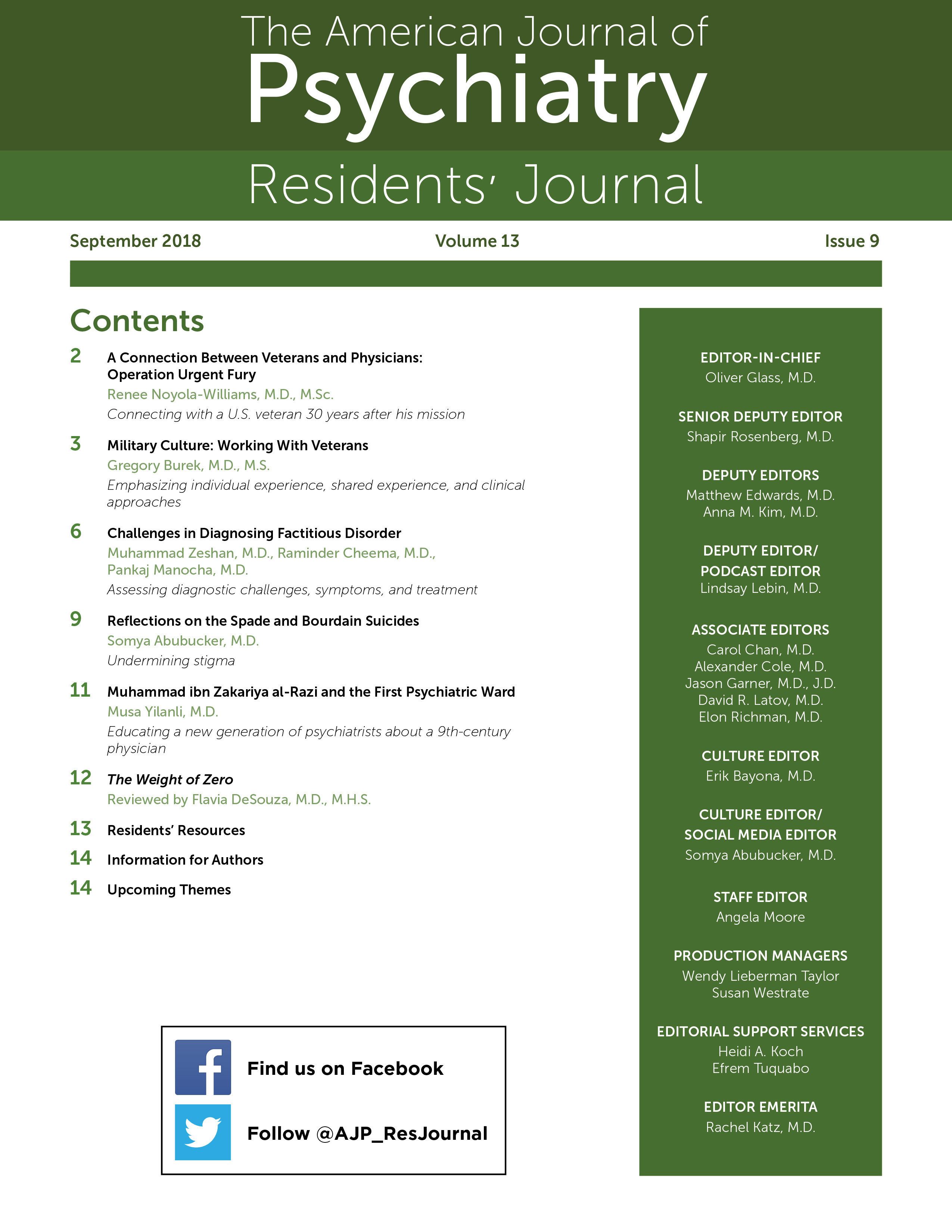The Weight of Zero, a fictional novel by Karen Fortunati, explores an adolescent female’s first encounter with the mental health care system. We meet the protagonist, Catherine Pulaski, after her first suicide attempt, subsequent to a manic phase. She was a popular, bright, advanced-placement student as well as a former ballerina who is abandoned by her closest lifelong friends—who mock and bully her at school—because of her psychiatric diagnosis, bipolar disorder.
Catherine’s single mother becomes overly protective and anxious in her desperate efforts to prevent her daughter, who is the only remaining member of her immediate family, from attempting suicide again. Even so, Catherine’s depression distorts her worldview; all things are perceived through her gray lens. She blames herself for her mother’s fatigue and anxiety, believing that her illness has already ruined her own life and will ruin the lives of all those who love her. She loses hope. Despite her mother’s attempts, she secretly and assiduously plans a suicide attempt, believing wholeheartedly that the world would be better off without her in it.
Adolescents like Catherine crave social support and validation from their peers, and they seek autonomy from their parents as they determine their place in the world. During this transition into adulthood, psychiatric illness may present for the first time, disrupting the transition and thus making what is already a challenging period of an individual’s development a time that may be decidedly painful and chaotic. This story accurately reflects the real adversity in and around the lives of adolescents as well as adults living with psychiatric illness. People who experience depression, manic episodes, or psychosis are often misunderstood and stigmatized as they battle for their minds. Without support, they may remain silent and isolated in their feelings of shame and guilt, increasing the likelihood that either their illness will worsen or that they will develop suicidal ideation.
Catherine comes to terms with her illness with the care and counsel from a perceptive provider, good medication coverage, and love and support from new friends. She is able to separate her diagnosis from who she is and what she is capable of becoming.
This book is written for an adolescent audience as well as parents of adolescents. Yet it facilitates understanding and empathy in those of us who care for adolescents with psychiatric illness and offer support for their caregivers.

